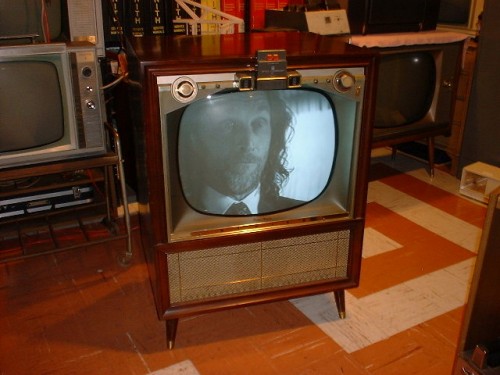I remember reading an article about 25 years or so ago! on how everything wired was going wireless and everything wireless was getting wired. The article was mainly about cordless phones and wired cable television, but it is one that comes back to me often about the transformative effect of technology and how quickly we acclimate to changes.
One thing that pretty much everyone takes for granted is a full-function wireless remote. Yet many of us can remember a time into the 70s and 80s where switching channels meant getting up off the couch and turning a knob. But that isn’t due to lack of technology, since a wireless remote had been available since 1955 thanks to Eugene Polley.
This week we mourn the passing of Mr. Polley, who passed away at age 96. He may be gone, but his invention will long be remembered.
According to Forbes:
Zenith Electronics, a subsidiary of LG Electronics, said Polley’s inventions, primarily in the television field, earned him 18 U.S. patents.
“Polley’s best known invention, the ‘Flash-Matic’ remote control, was the world’s first wireless TV remote, introduced in 1955. It used a flashlight-like device to activate photo cells on the television set to change channels.”
But it wasn’t just a gadget that Polley produced, but an entirely different way of thinking. Looking beyond the box, beyond what is physically obvious.
Beyond keeping TV viewers pinned to their chairs, Polley’s invention unchained technology from mechanical knobs and levers, opening vast possibilities, said Richard Doherty, CEO of suburban New York-based technology assessment and market research company Envisioneering.
“Without his idea you might not have gotten to the Internet,” Doherty said. “It allowed you to go beyond the physical dial. It set the pace for dozens for follow-on inventions that go beyond the physical.”
During his 47-year career as an engineer, Polley earned 18 U.S. patents. At Zenith, he worked his way up from the stockroom, according to a biography from Lincolnshire, Ill.-based LG Electronics, which owns Zenith. Polley also worked on radar advances for the U.S. Department of Defense during World War II. He helped develop the push-button radio for automobiles and the video disk, a forerunner of today’s DVD.
Many have also said that the remote has left behind … lots of big behinds. But I think that misses the point by focusing on the outcome of a single product rather than the enabling technology of a visionary. Either way I am glad I can snuggle in on the couch with my family on a cold winter day and watch a movie without ever leaving the confines of our blanket.

